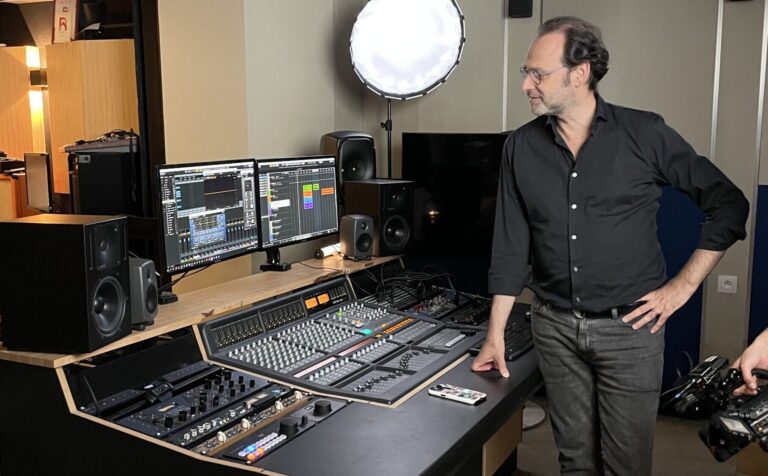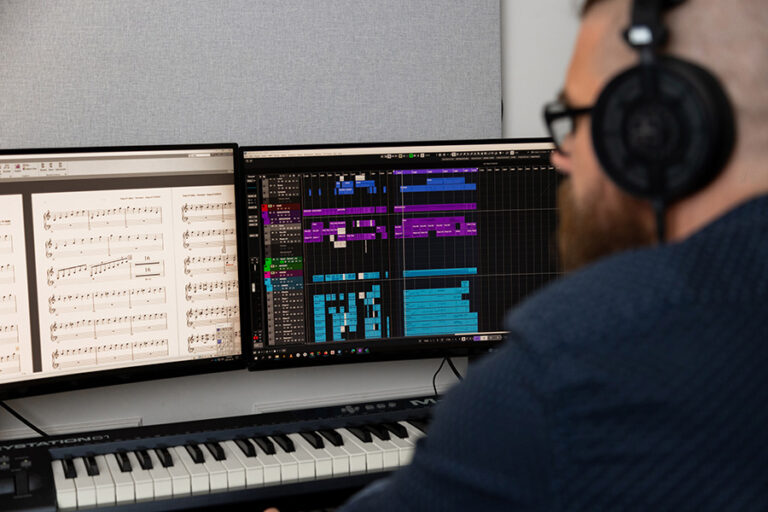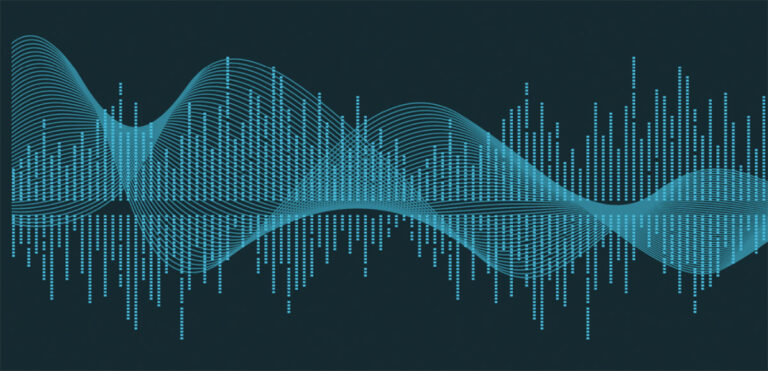By Colleen Fahey and Marion Combes
_
How do you move aspirational words into a musical language that expresses them? For Sixième Son, the bridge is the mood board exploration, followed by a client workshop with a client/agency team called the “Listening Committee.” We often describe the workshop, but seldom talk about the hard work of creating the mood boards themselves. Here’s a peek under the curtain.
__
A sonic mood board is a curated selection of music snippets used to narrow in on a concept or idea. When we’re developing sonic mood boards, we usually talk them through in person by challenging, analyzing, picking relevant selections, winnowing – but this week, one of the conversations moved to email, giving us the chance to share some of the serious thinking that goes into the process before the creative team ever touches an instrument. In our mood board sessions, we’re searching for the ingredients that will ultimately inform the brand identity design.
In this case, the client’s brand essence contains four key elements, one of the four is “fluidity.” Specifically, we’re exploring ways to express the idea of “fluidity” via music. In the conversation, there’s a debate going on about whether this concept should be expressed using rhythm or through atmospheric sounds. The following note written by our head of strategy, Marion Combes, delineates her reasons for recommending a rhythm-based approach:
“As far as fluidity is concerned, it can refer to a physical definition, namely the notion of regular mobility (of smooth flow, the inverse of “viscosity” where the rate is discontinuous). In music, this is embodied rhythmically in a way that’s simple, binary, and projects the piece forward in a non-syncopated, non-jerky movement. Regarding your request to explore fluidity through more airy sounds, they may perhaps present a double-edged sword: on the one hand atmospheric sound can lead to something to a welcome impression of the outdoors; on the other, they can refer to a feeling of unreality and immateriality that goes against the notions of concrete action and everyday life.
_
The strategist here is questioning whether conveying fluidity through the idea of airy or atmospheric sounds, might make the composition feel too unreal for this brand that’s part of people’s everyday lives.
“In very airy registers, we indeed can get a feeling of freedom which could be of interest, but it also puts us in a kind of dreamlike, abstract, out-of-reality feeling –something akin to a mirage. “If you take chillwave or dream pop music, for example: these are registers that use a lot of spatio-temporal effects – often digital – that the brain interprets as unreal because they don’t exist in nature.
She notes that there are a few airy sounds that tend to feel real to people because they’ve heard them in nature or experienced them in life.
“Only a kind of echo perceptible in large mountainous spaces (due to the reflection of the sound waves on the cliffs) or a reverberation in a closed place in which the sound emitted merges with the sound reflected, will be perceived as real by the brain. For a brand that talks about everyday simplicity and “real life”, I think it might be better to go for familiar and close sounds (close miking and natural textures). That’s only my point of view, but I believe that it is in line with traditional theories in psychoacoustics.”
_
There you have it. As you can imagine, the final sonic mood board will favor more snippets containing the rhythmic approach than the airy one. But we’ll present both approaches, because each brand team knows its brand better than we know it, and they may have good reasons for a preference on a given sound reference. It’s important to know that before we write, our left brains must meet our right.
Photo by Brands&People on Unsplash




